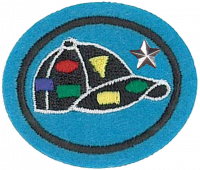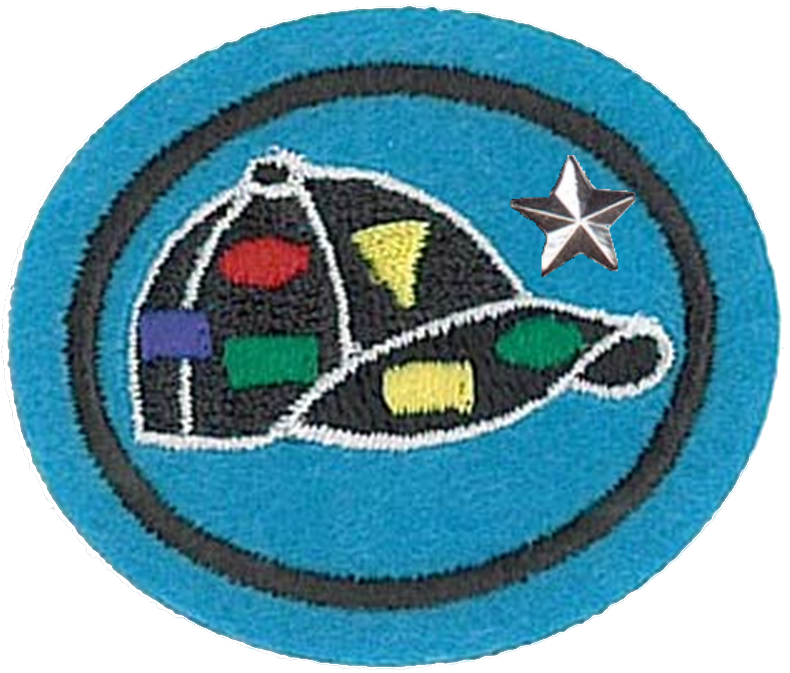AY Honors/Pin Trading - Advanced/Requirements
1. Have the Pin Trading honor.
2. Identify factors that determine the cost and value of a pin.
3. Describe the following types of pins:
- a. Cloisonné
- b. Die Cast
- c. Die Struck
- d. Hard Enamel
- e. Offset Printed
- f. Photo Etched
- g. Silk Screened
- h. Soft Enamel
4. What is an epoxy dome, and what are its advantages and disadvantages?
5. Identify the following types of pin accessories or embellishments:
- a. Blinker
- b. Bobble Head
- c. Dangler
- d. Glitter
- e. Rhinestones
- f. Slider
- g. Spinner
- h. Twirler
6. Identify the following types of pin backs, and demonstrate or describe how to safely attach and remove them:
- a. Locking Clutch
- b. Locking Safety Pin Clasp
- c. Magnetic Back
- d. Safety Pin Clasp
7. Discuss how the “Golden Rule” applies to pin trading etiquette.
8. Complete two of the following activities related to pin trading:
- a. Collect a complete “set” of pins at one of the pin trading venues.
- b. Collect at least two free pins from exhibit booths at a camporee, convention, trade show, or other event.
- c. Make a pin display book for displaying your collection of pins.
- d. Make two or more handmade pins for trading.
- e. Set up a display of your pin collection at church for Pathfinder Sabbath, at a Pathfinder Fair, or at another event like a state or county fair.
- f. Submit a design to your club or conference for a camporee trading pin.
- g. Write two or more letters to your city, state, or province, or to companies that sponsor sporting events or the Olympics, and ask if they have pins. If they send you a free pin(s), be sure to follow up with a thank-you letter.
9. Do one of the following to help a new pin trader, then discuss your experience with someone else or in a group:
- a. Be an advocate for a new pin trader and help in the trade using the “Fun, Fair, and Friendly” principles of etiquette.
- b. Give away one of your pins to a new pin trader in order to help him or her get started in pin trading.
10. Trade pins with at least fifteen people you don’t know at a venue or event where pin trading takes place, using the “Fun, Fair, Friendly” principles of etiquette. Keep a diary of the people you trade pins with and any interesting things that happen during your pin trading experiences.


